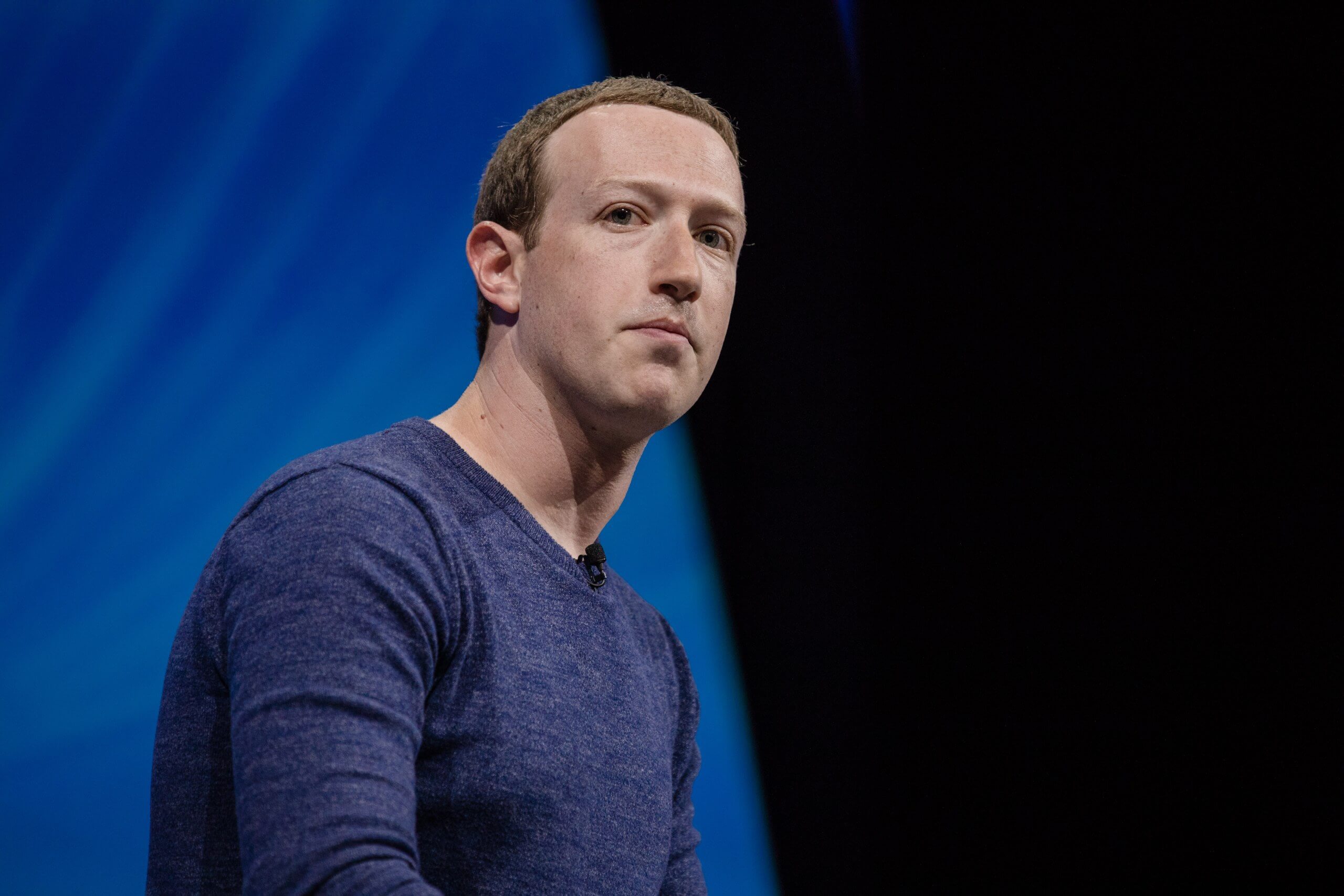Chris Hughes, who co-founded Facebook with Mark Zuckerberg fifteen years ago, published a compelling argument for its destruction in the New York Times three days ago. Fundamentally, his argument is that Facebook will continue to falter and cause pain if its monopoly is allowed to persist, and Zuckerberg has the power to do whatever he likes.
Underpinning his thesis is the premise that Facebook's woes have been caused by a focus on revenue and 'clicks' causing management to ignore risks and employees to ignore questionable moral practices. This has only been permitted by the market, Hughes believes, because of Facebook's brutal tactics to quash, purchase or copy competitors.
"When I read what he wrote, my main reaction was that what he's proposing that we do isn't going to do anything to help solve those issues," Mark Zuckerberg told France Info while in Paris yesterday. "So I think that if what you care about is democracy and elections, then you want a company like us to be able to invest billions of dollars per year like we are in building up really advanced tools to fight election interference."
Zuckerberg's argument mirrors that of Nick Clegg, Facebook's vice president for global affairs and communications, who's formally responded to Hughes in his own New York Times editorial. "In my view --- and that of most people who write about technology's impact on society --- what matters is not size but rather the rights and interests of consumers, and our accountability to the governments and legislators who oversee commerce and communications."
Clegg agrees with Hughes that Facebook needs more regulation and needs to do a better job - if he thought otherwise, he'd be crazy. But breaking up the company doesn't fundamentally stop Russian agents from gaining political influence, terrorists from broadcasting violence or white supremacists spreading hate. He points out the obvious: fixing those things requires money, money only Facebook has. "The resources that we will spend on security and safety this year alone will be more than our overall revenues at the time of our initial public offering in 2012. That would be pretty much impossible for a smaller company."
Security errors, like the Cambridge Analytica scandal or the recent discovery that Facebook stores thousands of passwords in plain text format are no less preventable in a smaller company nor one whose executives wield less power. Poor content management, like the decision to define newsworthy content as anything relating to "politics, crime or tragedy," is likely to be even more rampant when executives can't step in to change things easily.
Clegg also argues that Facebook doesn't have a monopoly, "almost all of our revenue comes from digital advertising, and most estimates say Facebook's share is about 20 percent of the United States online ad market, which means 80 percent of all digital ads happen off our platforms."
While Facebook incorporates many of the largest social networking apps, each competes with several others. The "blue app" as pure Facebook itself is called, along with Instagram, compete with YouTube, Snapchat, Twitter, Pinterest and the newcomer, TikTok. Whatsapp and Messenger compete with and lose to Apple's iMessage, WeChat, Line, and Skype. Clegg's argument is at its weakest here, as he fails to mention that Facebook apps dominate in specific regions, where entire cultures are shaped by Facebook's algorithms.
In ways, both Hughes, Zuckerberg, and Clegg are right. Facebook's mistakes have disastrous consequences, more regulation might help but there simply isn't a solution to fixing it right now.
